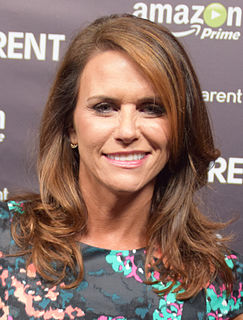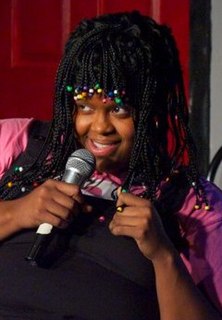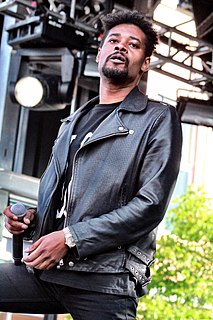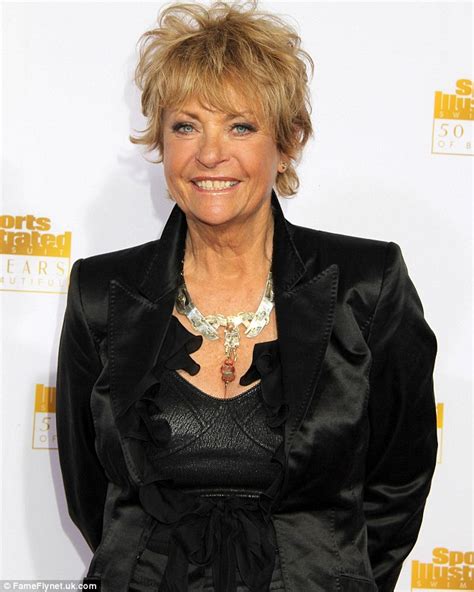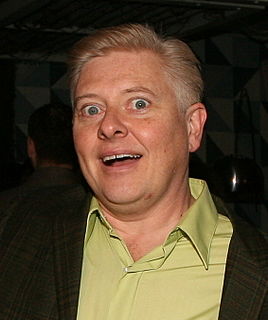A Quote by Alicia Keys
I thought I had to be perfect. I would often make choices I thought would make everyone else happy. I lived at a pace that was "good for my career," whether it was good for me or not. I have learned how important it is to check in with myself and listen, really listen.
Related Quotes
In this life we have to make many choices. Some are very important choices. Some are not. Many of our choices are between good and evil. The choices we make, however, determine to a large extent our happiness or our unhappiness, because we have to live with the consequences of our choices. Making perfect choices all of the time is not possible. It just doesn't happen. But it is possible to make good choices we can live with and grow from.
Working with other people, it's hard to get them to make it sound like what you have in mind. Also, it's really expensive to get your tracks produced, so I thought if I could learn how to do it myself, I could make five albums in a month and it would be free, it would be me, and it would be everything that I'm doing.
Please tell me a story about a girl who gets away." I would, even if I had to adapt one, even if I had to make one up just for her. "Gets away from what, though?" "From her fairy godmother. From the happy ending that isn't really happy at all. Please have her get out and run off of the page altogether, to somewhere secret where words like 'happy' and 'good' will never find her." "You don't want her to be happy and good?" "I'm not sure what's really meant by happy and good. I would like her to be free. Now. Please begin.
I learned early that crying out in protest could accomplish things. My older brothers and sister had started to school when, sometimes, they would come in and ask for a buttered biscuit or something and my mother, impatiently, would tell them no. But I would cry out and make a fuss until I got what I wanted. I remember well how my mother asked me why I couldn't be a nice boy like Wilfred; but I would think to myself that Wilfred, for being so nice and quiet, often stayed hungry. So early in life, I had learned that if you want something, you had better make some noise.
The women of my mother's generation had, in the main, only one decision to make about their lives: who they would marry. From that, so much else followed: where they would live, in what sort of conditions, whether they would be happy or sad or, so often, a bit of both. There were roles and there were rules.





